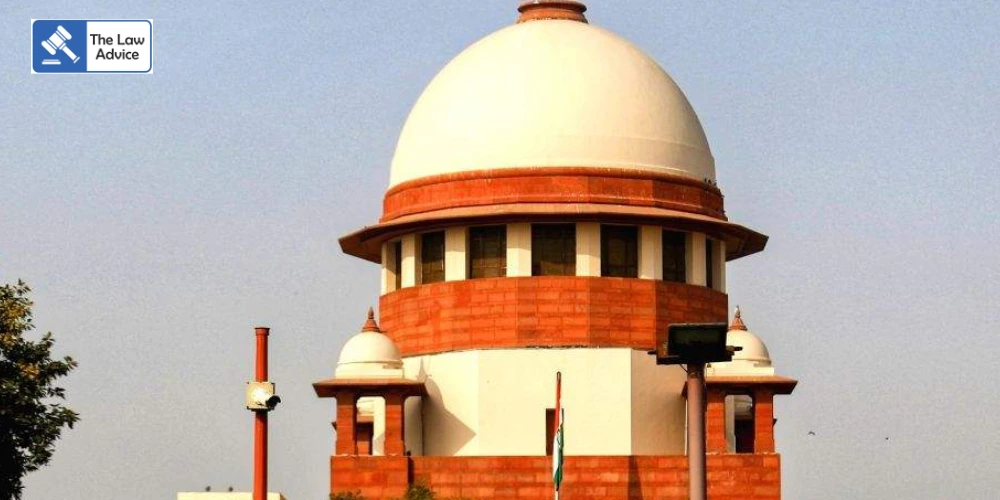The Supreme Court of India recently dealt with an unusual order by a trial judge who declined to exercise jurisdiction in a matter solely because he failed to dispose of it within the timeline prescribed by the apex court.
A bench of Justices Pankaj Mithal and Prasanna B. Varale heard a miscellaneous application in a criminal appeal, where earlier, by order dated 18 January 2024, the Court had directed the Judicial Magistrate, 4th Court, Alipore (South 24 Parganas) to decide case AC-2053/2017 within six weeks.
However, when the deadline lapsed, the trial court on 19 March 2024 passed an order stating that, as he was unable to decide the matter within the prescribed timeframe, he had ceased to have jurisdiction over the proceedings.
Supreme Court’s Observations
Expressing disapproval, the bench remarked:
“We are pained to note the manner in which the order has been passed by the learned Judge. If for any reason, the Judge was not able to dispose of the matter within the prescribed time period fixed by this Court, the appropriate remedy available to him was to ask for extension of time, but he cannot say that he has lost jurisdiction over the matter as the time allowed has lapsed.”
The Court emphasized that expiration of a court-imposed timeline does not divest a trial court of jurisdiction, and the proper course for the trial judge should have been to seek an extension of time.
Finding the act to be uncommon and irregular, the Supreme Court directed the District Judge concerned to:
1. Call for an explanation from the trial judge.
2. Report back to the Supreme Court within one month.
The Court added that the judicial officer must clearly state why and under what circumstances he declared loss of jurisdiction and refrained from proceeding further with the trial.
Cause Title: Shiv Kumar Shaw & Anr. v. Rekha Shaw
